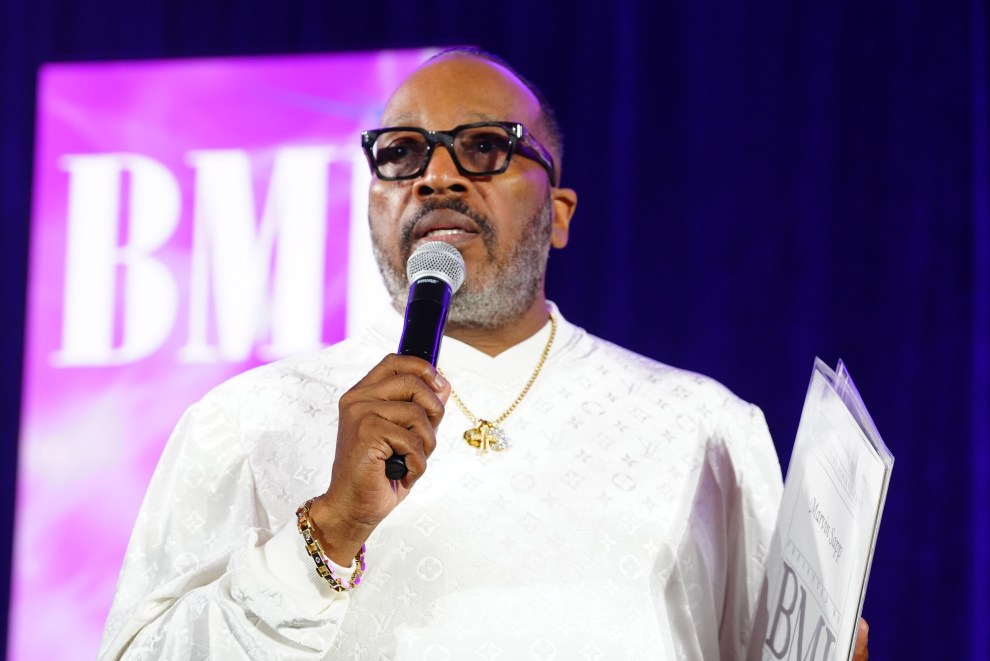The co-founder of Maverick City Music, Norman Gyamfi’s, recent comments have shaken up the Gospel and Christian Contemporary Music (CCM) communities. Marvin Sapp is one of several critics who has come out to defend gospel music.
On a visit to “The Isaac Carree Show,” Gyamfi, dismissed traditional gospel music, suggesting that the genre needs to evolve to connect with today’s generation of Christian youth.
Highlighting Maverick City’s five Grammy wins, Gysmfi claimed, “The Gospel norms wasn’t working [any] more, y’all sing too hard, y’all oversing.” As The Christian Post reports, he attributed the group’s success to a “perfect storm” of accessible songs crafted with “respectfully white writers and producers” during the pandemic.
“Stop doing that, nobody wants to hear runs, people keep saying we want choir music, but choir music would’ve never died if people wanted to listen to it.”
Gospel artist Marvin Sapp responded to Gyamfi on his Facebook page. “Norman raised valid concerns about how slowly the gospel industry has embraced the digital age. He called out outdated infrastructures, traditional gatekeeping, and the need to prioritize data, streaming, and digital innovation.
“He’s not wrong in his observation. But here’s where I offer a perspective rooted in both personal success and historical context,” he noted.
“I’ve been a gospel artist for nearly four decades,” he said on Facebook. “I’ve witnessed and contributed to every major shift in our genre, from vinyl to cassette, from CDs to streaming. By the grace of God, I’ve experienced billions of streams on platforms that didn’t even exist when I released my first album. But let me be clear: I didn’t get here by rejecting tradition. I got here by respecting it, learning from it, and evolving beyond it without erasing it.”
Social Reactions
Sapp’s lengthy perspective drew in over 400 comments co-signing his stance.
“Well said Bishop! A great example of discarding the old for the new is the dismantling of choirs in favor of praise teams. Both serve a significant purpose in a worship service!,” one user wrote under his post.
Another user agreed with Sapp writing, “Well said, this article brings a thoughtful perspective to the conversation about gospel music’s evolution and the importance of respecting its roots while embracing change.”
“Honestly I am thankful someone of your stature weighed in”, another wrote. “I was deeply disappointed that Carree didn’t push back on the rhetoric and narratives but I guess his win was folks talking about his podcast interview.”

